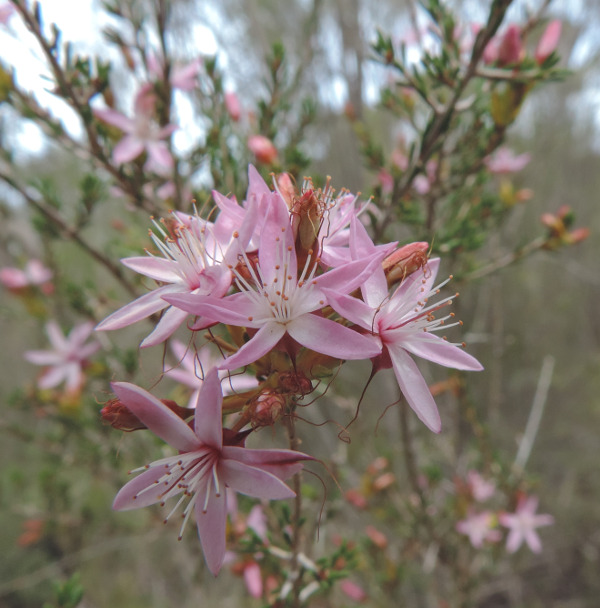Having a cup of tea is a very British tradition, with the UK being the fifth highest country for tea consumption per capita. Clare Collins, Professor in Nutrition and Dietetics at University of Newcastle, provides 5 reasons why having a cup of tea is good for your health:
theconversation.com/health-...
Here are some extracts are particularly relevant to those of us with CLL:
Science has muscled in on our tea drinking habits and started to unravel what makes us love our “cuppa”. There is a large group of bioactive components in tea called polyphenols, (Hence trademarked Polyphenol-E used in the Phase I and II Mayo Clinic studies into the effect of this tea extract on CLL - Neil) which include catechins and tannins. The catechin EGCG [epigallocatechin-O-3-gallate], is the active ingredient which makes up 60% of the Polyphenol-E that reduced the ALC and lymph node size for most of those in the Mayo Clinic trial (it's said to be 53% in the tablets I take) - Neil Concentrations of these compounds vary depending on how you make the tea, including the amount of tea leaves per cup, water temperature and brewing time.
Catechins have anti-oxidant properties and are most abundant in green tea. Tannins, which inhibit non-haem iron absorption in the gut, are most abundant in black tea. So if you have iron deficiency, avoid drinking tea with meals. But if you have the excessive iron storage condition haemochromatosis, drinking tea with meals will help reduce iron absorption. (My emphasis)
Those of us with anaemia, particularly if we are taking medication to reduce stomach acid (e.g. proton pump inhibitors such as omeprazole (Losec/Maxor, etc) should note the suggestion to avoid drinking tea with meals and likewise those of us needing regular blood transfusions should note the suggestion to drink tea with meals!
For those interested in consuming green tea to help control their CLL, you'll need an industrial urn to have boiling water at the ready for those 20 or so cups you'll need each day! Taking tablets is a much easier way to achieve the high concentrations of EGCG needed for a biological response, but you need to be aware of the possible side effects, including the challenge to your liver of dealing with the polyphenols, not to mention possibly pesticides, heavy metals and maybe not even what you think you are buying. Read more about that in previous posts to this community here: healthunlocked.com/search/c...
So what's your favourite hot drink and have you changed your choice since your CLL diagnosis?
Neil
Photo: Not a tea bush, just 'common' fringe myrtle...

